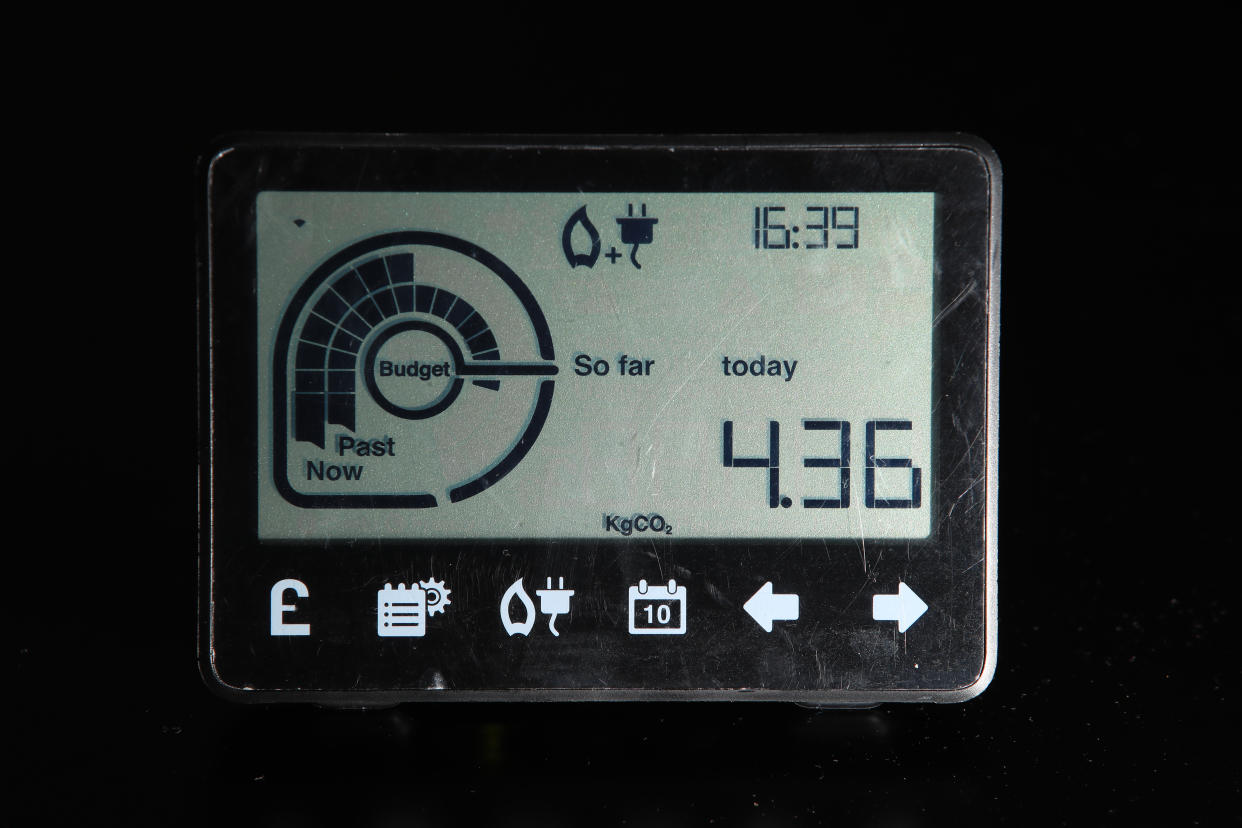A quarter of young Britons don't know how to read an energy meter

Household bills can be daunting for young Brits, with more than a quarter (28%) of 18- to 24-year-olds admitting they don’t know even how to read an energy meter.
In survey of 2,000 people by MoneySuperMarket, almost half of young adults (43%) said they feel anxious at the thought of setting up accounts with energy companies and insurance providers – over three times more than the national average of 12%.
This could explain why over half (51%) of 18- to 24-years-olds seek parental advice before setting bills up and why over a third (37%) are more likely to let their parents take a lead role in setting up insurance policies, such as car, home or contents, compared with 7% nationally.
READ MORE: Four energy suppliers fail to pay £14.7m in green taxes to Ofgem
The research also found young adults are the least likely to look into switching energy supplier, with a third (34%) admitting they have never searched for cheaper deals, compared with a quarter (24%) of the nation overall.
A further misconception within this age group is the belief that energy bills can only be paid quarterly (12%), when more regular billing is also available for those who want to pay a fixed amount each month via direct debit.
Rachel Wait at MoneySuperMarket said: “Managing household bills for the first time can be a daunting prospect for young adults, but the reality is there’s no need for concern – it’s actually much easier than you think. Many providers offer online account management and you can switch utilities, such as energy and broadband, in a matter of minutes.
READ MORE: UK energy firms' claims over green tariffs could be “misleading”
“By staying on top of your household bills, you’re more likely to make savings, especially if you shop around for the best deals. Searching and comparing deals across your switchable household bills could save you hundreds of pounds for just a few minutes of your time.
“You could reduce your energy bill by almost £238, car insurance by £250, home insurance by £42 and broadband by hundreds of pounds. That means you could be looking at a combined annual saving of nearly a thousand pounds.”

